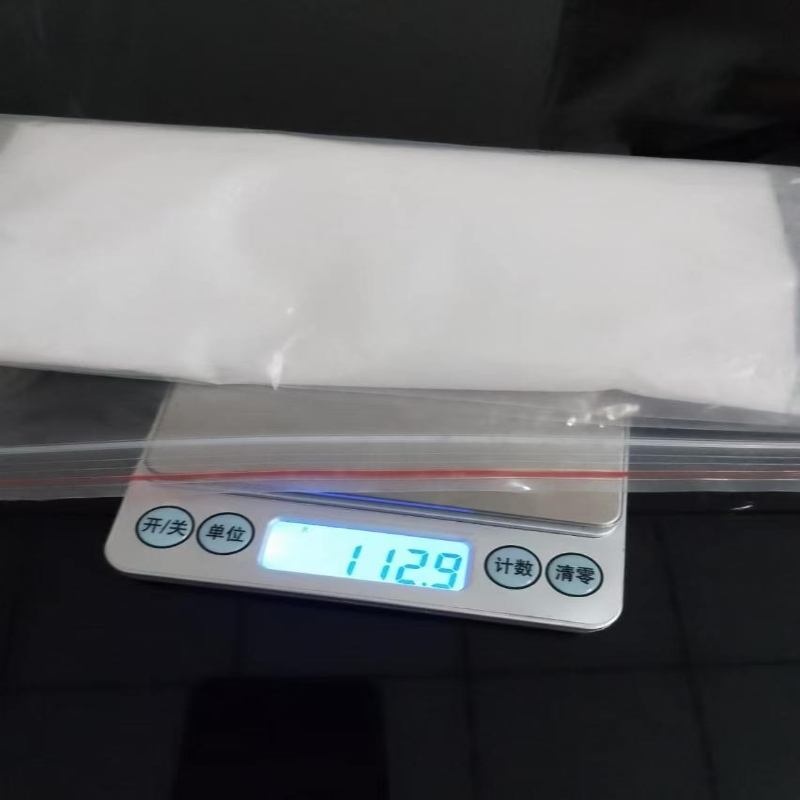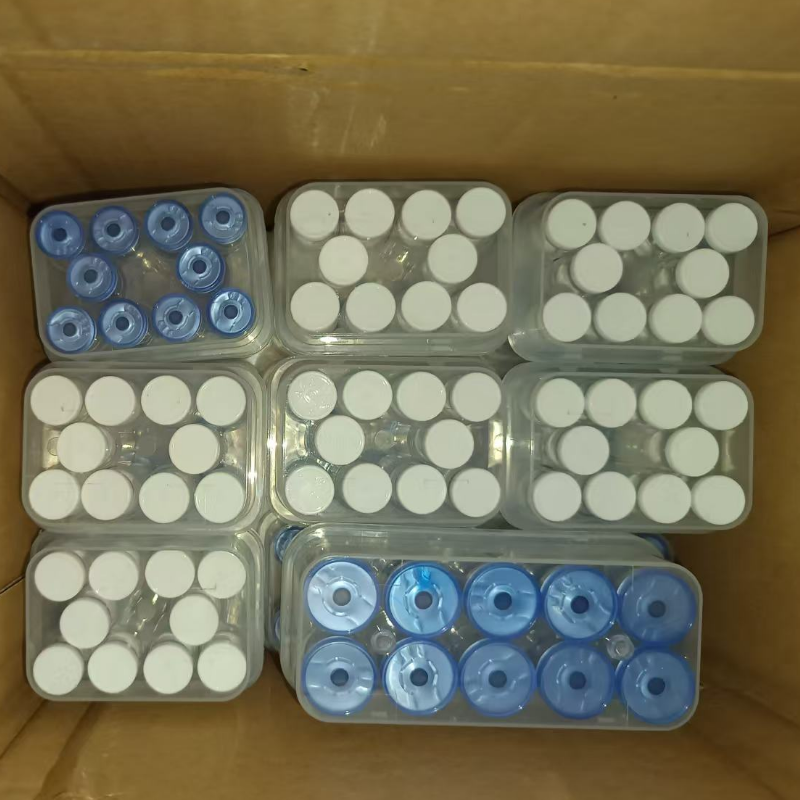-
Categories
-
Pharmaceutical Intermediates
-
Active Pharmaceutical Ingredients
-
Food Additives
- Industrial Coatings
- Agrochemicals
- Dyes and Pigments
- Surfactant
- Flavors and Fragrances
- Chemical Reagents
- Catalyst and Auxiliary
- Natural Products
- Inorganic Chemistry
-
Organic Chemistry
-
Biochemical Engineering
- Analytical Chemistry
-
Cosmetic Ingredient
- Water Treatment Chemical
-
Pharmaceutical Intermediates
Promotion
ECHEMI Mall
Wholesale
Weekly Price
Exhibition
News
-
Trade Service
Infliximab is a chimeric monoclonal antibody that is used to treat a variety of autoimmune diseases, including Crohn's disease, ulcerative colitis, and rheumatoid arthritis.
It is produced by the chemical industry and is used in the treatment of these diseases.
In this article, we will discuss the instruction of infliximab in the chemical industry.
First, let's take a look at what infliximab is and how it is produced.
Infliximab is a genetically engineered protein that is made up of the parts of two different species: a human antibody and a mouse antibody.
This creates a "chimeric" monoclonal antibody, which is a single protein that is identical in all of its parts.
The production process for infliximab involves the use of a complex system of bioreactors, where the cells that produce the protein are grown and harvested.
The first step in the production of infliximab is the cultivation of the cells that will be used to produce the protein.
This is done by using a type of bacteria called E.
coli, which is genetically modified to produce the necessary components of the antibody.
The cells are then placed in a bioreactor, where they are grown and expanded.
The bioreactor is a large, closed system that is used to grow and process the cells.
It is equipped with sensors and monitoring systems that allow the operator to closely monitor the conditions in the reactor.
Once the cells have been grown to the correct size, they are harvested and the protein is extracted.
The protein is then purified to remove any impurities and to ensure that it is of the correct quality.
This purification process involves a series of steps, including filtration, chromatography, and other proprietary techniques.
The final product is a pure, sterile solution of the infliximab protein, which is ready for use in the treatment of disease.
The production of infliximab is a highly regulated process, and the manufacturing facilities that produce it are subject to strict quality control measures.
This ensures that the final product is of the highest quality and is safe for use in patients.
The manufacturing process is also designed to minimize the risk of contamination and to prevent the spread of disease.
In addition to the production of infliximab itself, the chemical industry also plays a role in the development of new treatments for autoimmune diseases.
This includes the use of advanced technologies such as gene editing and synthetic biology to create new and more effective treatments.
The chemical industry is also working to develop new and more efficient production processes, which will help to reduce the cost of these treatments and make them more accessible to patients.
In conclusion, the instruction of infliximab in the chemical industry is a complex and highly regulated process that involves the use of advanced technologies and production methods.
The production of infliximab is a major achievement in the field of medicine, and it represents a significant step forward in the treatment of autoimmune diseases.
The chemical industry will continue to play an important role in the development of new treatments and in the improvement of existing ones, and it will be an essential part of the fight against autoimmune disease in the years to come.







